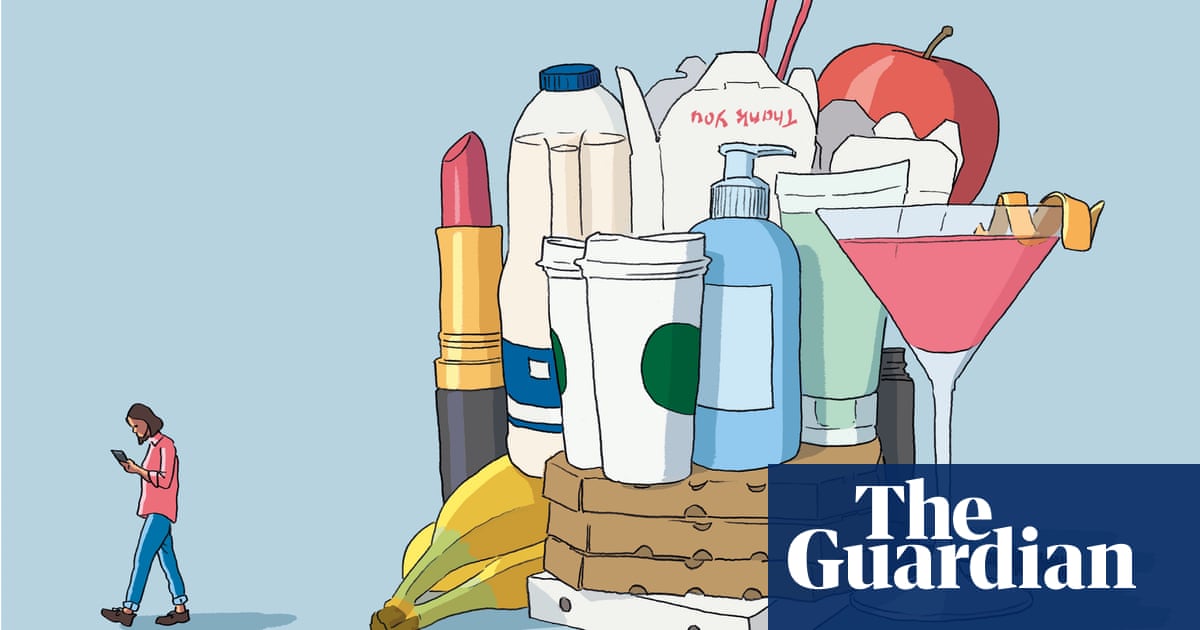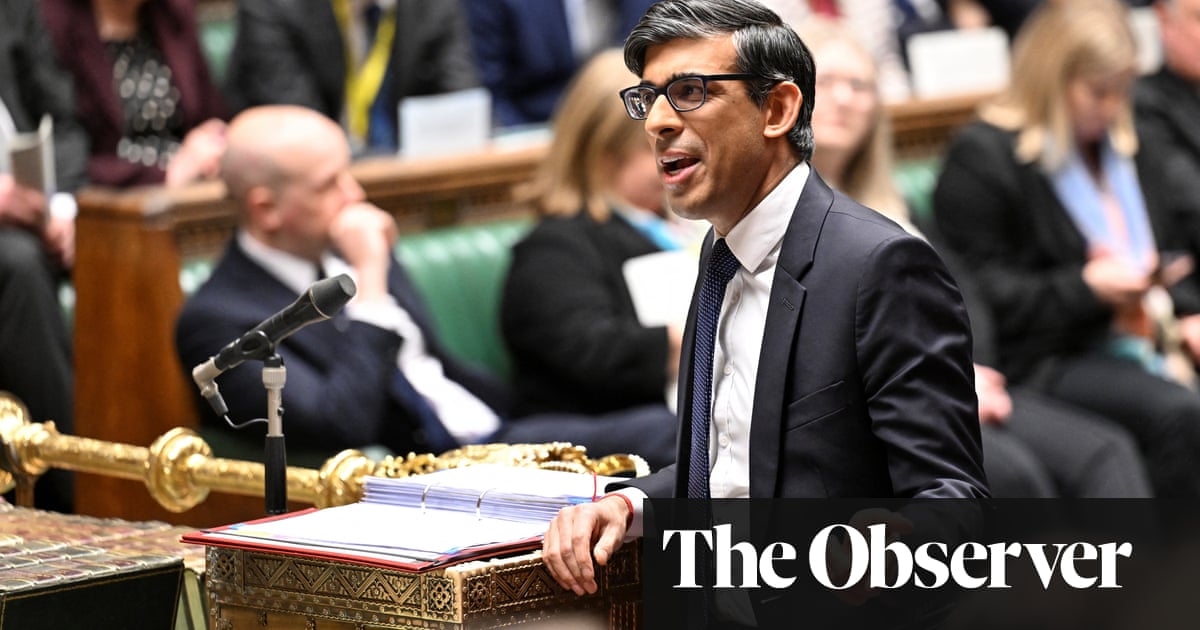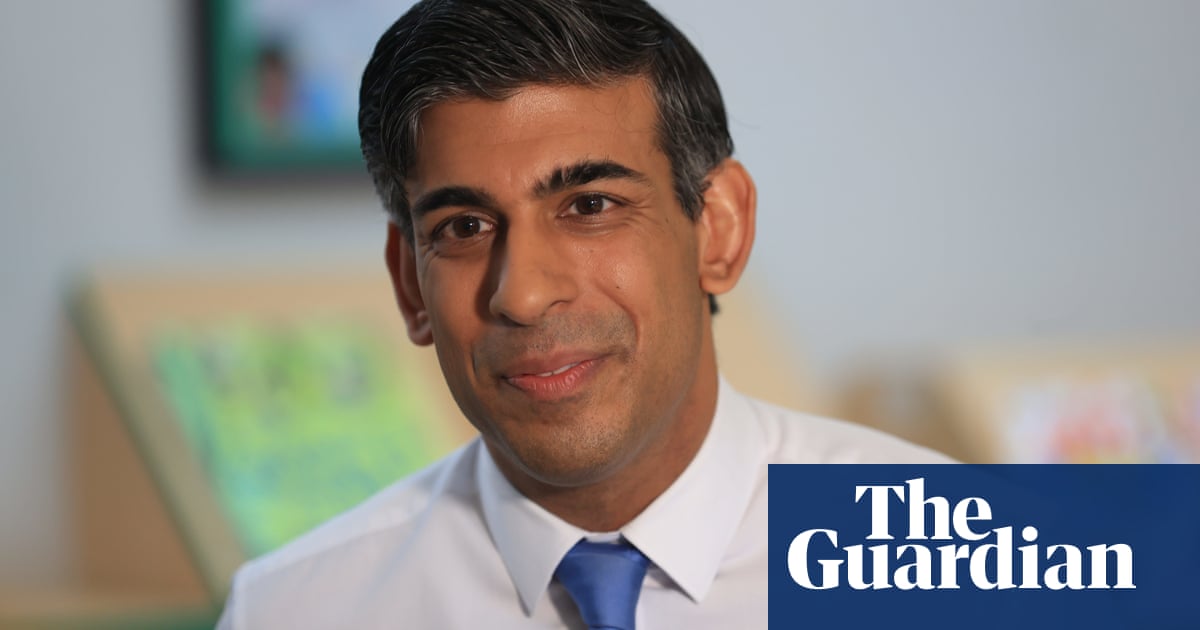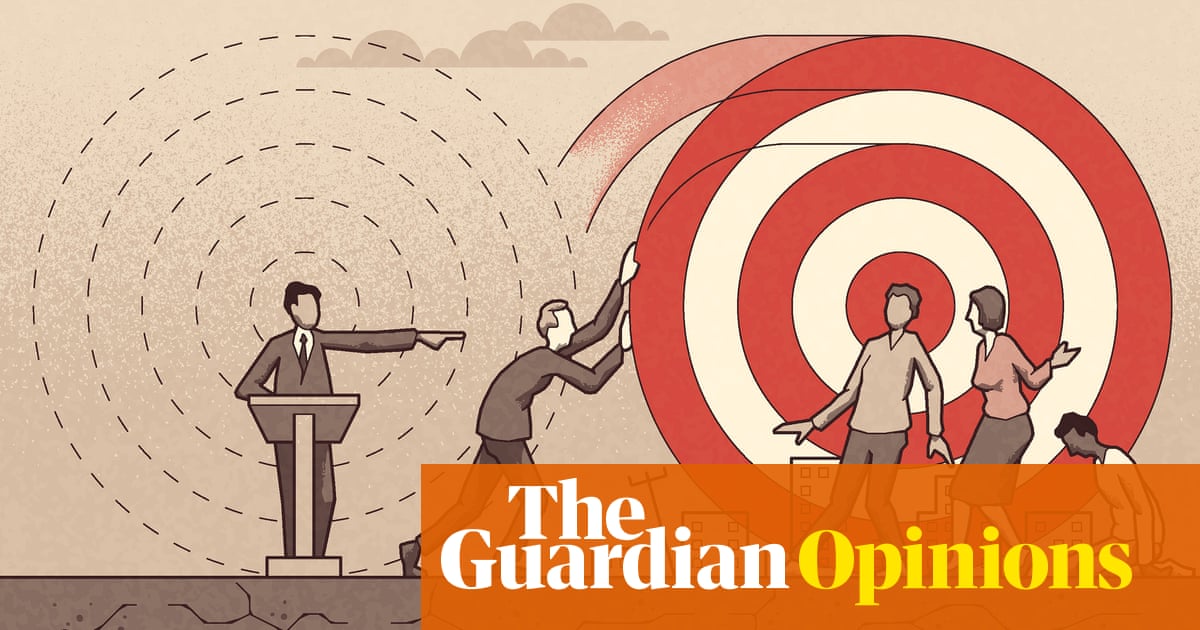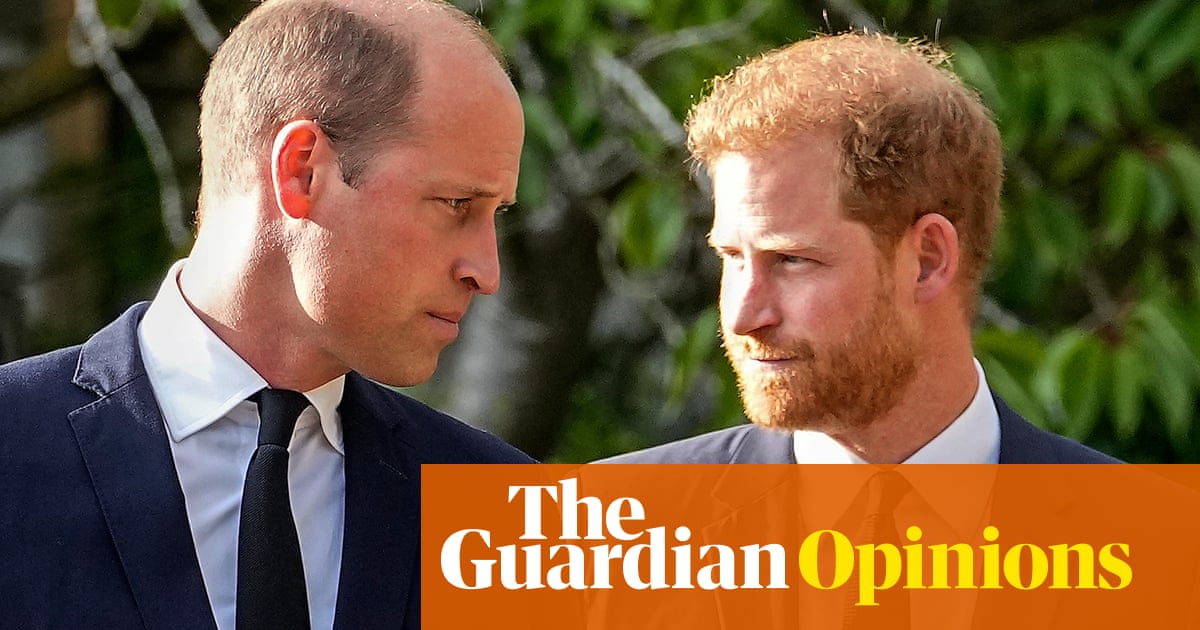
Prince Harry has long alleged that the royal family – “the Institution”, as he calls it – is locked in a trap of appeasement with the tabloid media. In their Netflix documentary, both he and Meghan talked about how they were savaged by the redtops, while the palace made no attempt to curtail their racist insinuations. In his memoir Spare, and interviews around it, Harry accused Camilla of leaking stories about him in order to massage her own reputation.
Last month, in papers filed to the high court as part of his case against News Group Newspapers, who publish the Sun, Prince Harry claimed members of the royal family struck a secret deal over the circumstances in which it would sue over phone hacking. News Group denies that and says there is no evidence to support that claim. But claims made by Harry in court documents this week go even further: that in 2020, Prince William was paid a “very large sum of money” by Rupert Murdoch to settle a phone-hacking case out of court.
There are elements of this saga that make no sense – chiefly, if William was paid, what would he need a “very large sum of money” for? In all the privations of his role – of privacy, of self-determination – surely the one thing he’s not short of is a bob or two? But mostly, this appears to be an entirely familiar tale: blackmail of the royals by sections of the print media, diverging from regular extortion only in the respect that it’s happening in plain view, its currency not cash but compliance. This dynamic has always, until Harry took it on, appeared to be impossible to fight.
Tampongate, in 1993, was the moment the gloves really came off in the battle with the media. Sure, maybe there was a public interest case that people ought to know about Charles and Camilla’s affair, but it wasn’t necessary to transcribe this incredibly intimate, embarrassing conversation between them – especially as the affair was already common knowledge. This was a calculated humiliation, and it’s hard to see what the legal recourse would have been for the then Prince Charles, given that the contents of the tape had already surfaced in an Australian weekly.
The attitude of the tabloids was brazen: they would perform their elaborate patriotism, revel in the flag-waving, genuflect before the royals, while at the same time never missing an opportunity to heap shame on them. They never saw any moral contradiction between these completely dichotomous stances of respect and contempt, because they weren’t a moral agent, they were a newspaper, whose only logic is to sell itself. Periodically, some huffing royal watcher would be wheeled out to square the circle, with the line that it was the Queen they felt sorry for, her dignity undermined by the capers of her children.
If the 1993 debacle had established the tabloids as amoral, and left the royals petrified of taking them on, the years of phone hacking that followed destroyed trust within the family. This is a story familiar to many who were hacked by the News of the World: unable to figure out where the papers were getting their intelligence, victims accused those around them. Jude Law knows, now, that Sadie Frost wasn’t leaking details of their divorce.
Should Harry maybe give Camilla the benefit of the doubt, given that per his own testimony, multiple members of the family were being hacked? Perhaps. But it’s always been quite fundamental to the tabloids’ power that, in the absence of a fresh scandal, they can generate a propulsive narrative by pitting one member of the family against another – Diana against Camilla, Kate against Meghan, William against Harry, bold splashes of black and white in which the reader is invited to pick their team. You would have to be quite a solid royal crew to resist, particularly if you had no way of knowing where the information was coming from, and no way of correcting untruth.
Harry is now pursuing three separate legal cases against British newspaper groups in a move of either bravery or slash-and-burn recklessness. He may think the press has done its worst: revealed under infra-redtop every stain on his character, from the Nazi fancy dress to the stint in rehab; essentially exiled his wife by repeatedly alluding to her fictional gangster roots, not to mention hounded his mother to her untimely death.
But there is no hard limit to the reputational damage a person can sustain when he is by definition remote, a figurehead, and when he moves through the world an uneasy amalgam of his own personal qualities and the mutable associations of his position. Newspapers haven’t even needed a smoking gun, just an absence of positive stories, the odd insinuation of greed or attention-seeking: Harry and Meghan’s popularity has been tanking in the UK and went off a cliff in the US.
I think, in the long run, it will be worth it: in two years’ time we won’t be able to remember what we were supposed to dislike about the couple. But even if that turns out not to be true, you have to wonder what a reputation is worth, with Murdoch’s and other empires holding it hostage.
Zoe Williams is a Guardian columnist





